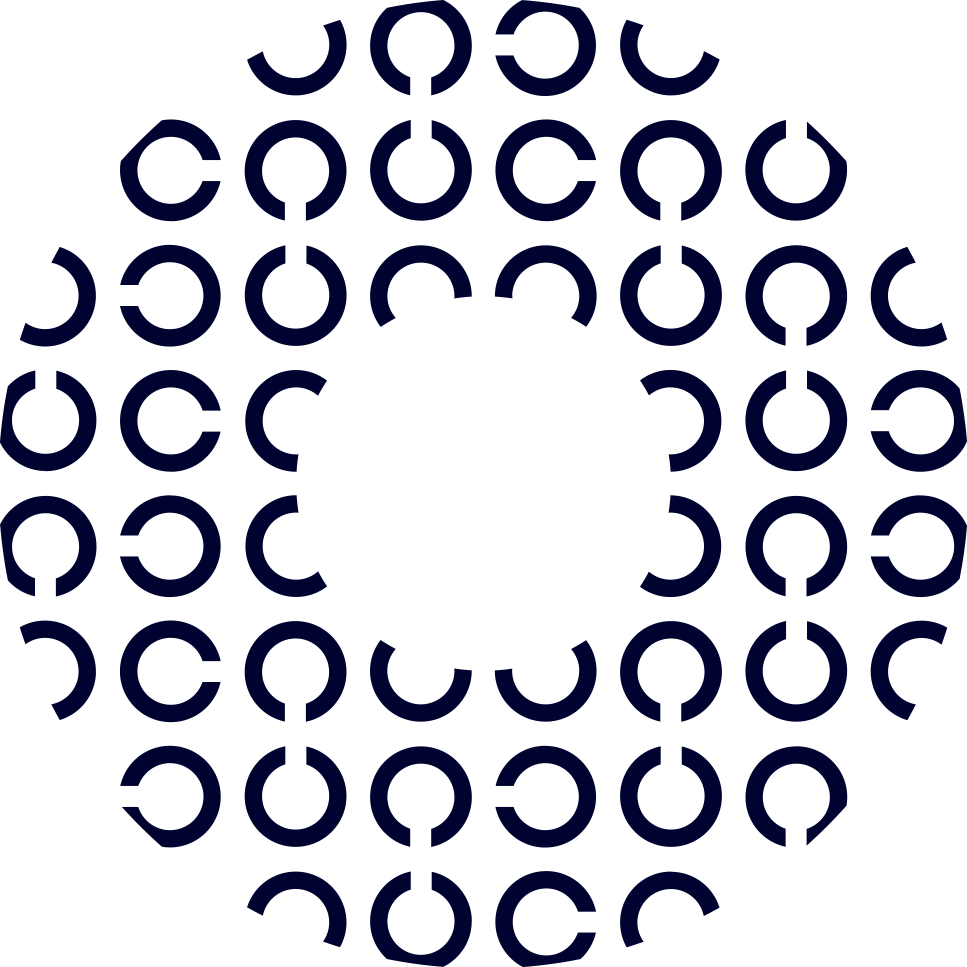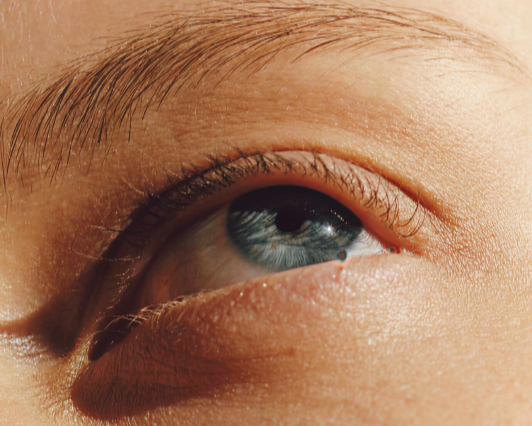Optometry
You can only call yourself an optometrist in the Netherlands if you have completed the four-year HBO Optometry course with a diploma. Optometry is a paramedical specialty that deals with the detection of eye abnormalities. The optometrist assesses vision and eye health.
What does an optometrist do?
The various equipment is used to determine vision, measure eye pressure, graphically map the cornea, examine the anterior and posterior eye segments and view the retina. The optometrist can immediately recognize any abnormalities or emerging problems.
If you recognize any of the complaints below, it is wise to have your eyes examined by one of our optometrists. The optometrist determines what is going on and can often immediately suggest measures to prevent worse.
Complaints:
- Blurred or double vision
- Tired, itchy or irritated eyes
- Eye problems when reading or using a screen
- Headache and/or difficulty focusing
- Pain in or around the eyes
- Flashes of light, spots or threads floating in front of the image
Schedule an appointment with the optometrist
After this expert examination, the optometrist has a good idea of the condition of the eyes. The optometrist also conducts research into glaucoma, diabetes, macular degeneration and cataracts. The fundus camera and possibly the OCT scan are often used for these examinations. After screening, the Oogwereld optometrist will refer you to an ophthalmologist if necessary. The content and duration of an optometric examination depends on the complaints and/or wishes of the customer. Would you like to have an optometric examination carried out? The great thing is: you don't need a referral letter from your GP, you can simply schedule an appointment with us directly. An examination by the optometrist takes approximately 40 minutes. We will then look at the results and options together and refer you to your GP or ophthalmologist if necessary.
Oct scan/retinal scan
An OCT (Optical Coherence Tomograph) scan creates images of the structure of the eye. It is an advanced technique to visualize small details of the retina. In this way, changes or abnormalities in the eye can be noticed at an early stage. The OCT scan is used for research into, for example, macular degeneration and glaucoma.
















